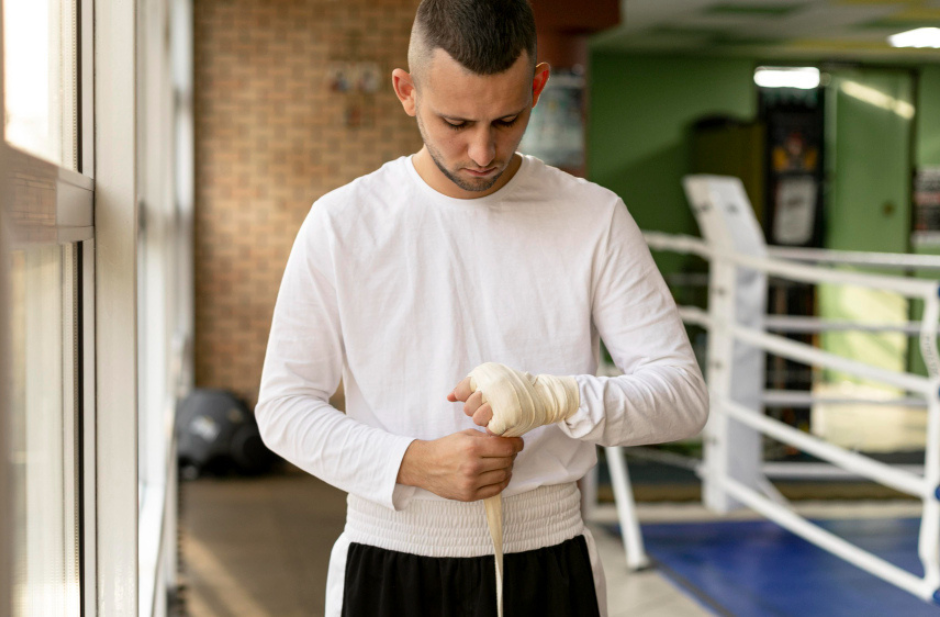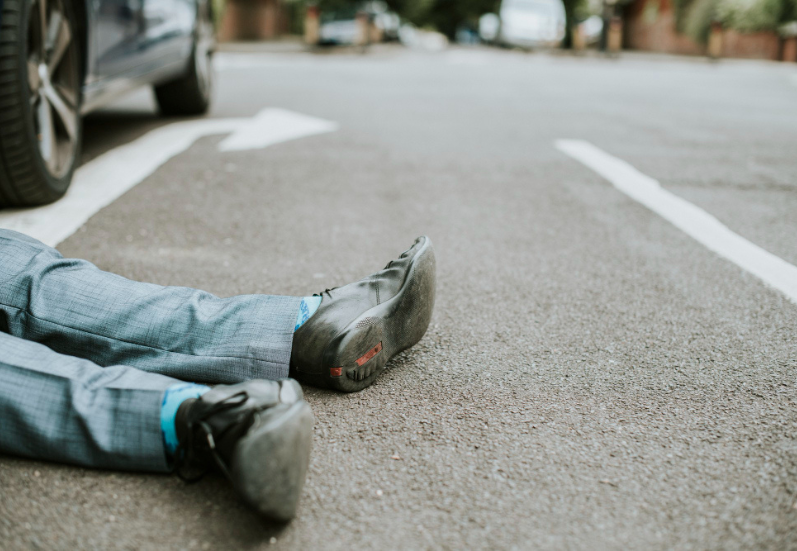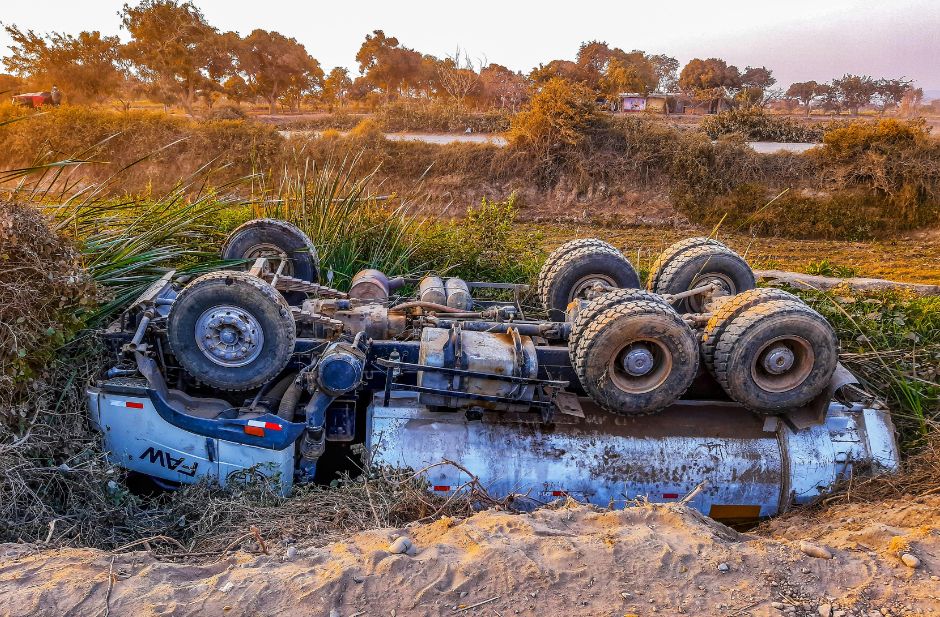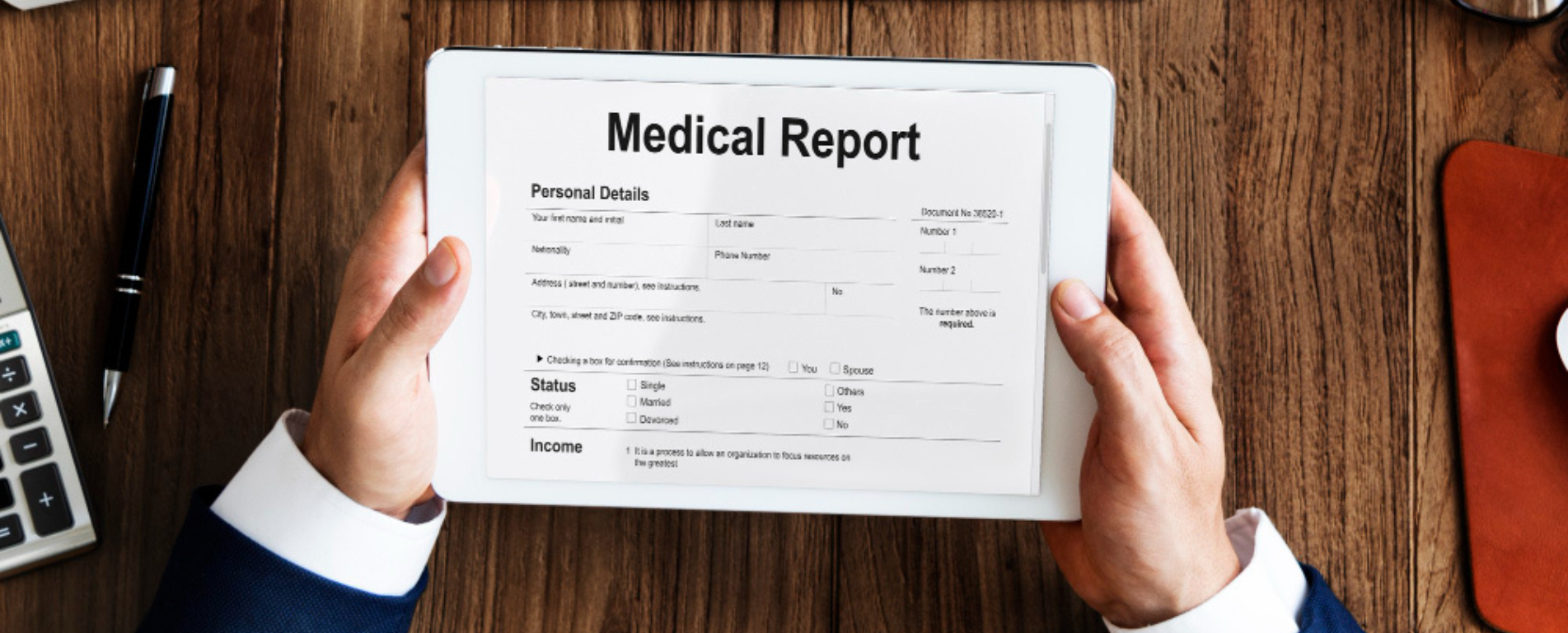Getting into an accident throws you off. One minute you’re fine, the next you’re hurting, stressed, maybe confused about what to do.
And in all that chaos, the last thing on your mind is paperwork or evidence. But here’s the thing: what you collect (or don’t collect) right after matters… a lot more than most people realize.
Personal Injury Evidence is basically your safety net. A medical report, some quick photos, even a stranger’s phone number—it all adds up.
So yeah, let’s talk about what’s worth grabbing before too much time passes.
What Is Considered To Be A Personal Injury In Law?
Personal injury law refers to the harm an individual suffers due to someone else’s negligence, or intentional behavior.
This harm, of course, can be of all sorts: physical, mental, or emotional. The law helps people seek compensation for medical bills, pain and suffering, lost wages, and related expenses.
The main goal of personal injury law is to provide justice and financial relief to those who have been wrongfully injured.
What Are The Common Types Of Personal Injury Evidence?
When you are out there, confused, trying to find a bunch of evidence for something that has actually happened and probably had a huge impact, you tend to lose sight of it.
So, it is important that you have a clear idea of what will actually be considered and some strong personal injury evidence.
1. Seek Immediate Medical Attention
This is because medical reports provide official documentation of your injuries, creating a direct link between them and the accident.
Step one, and I can’t stress this enough: see a doctor. Right away. Even if you think, “eh, I’ll be fine.”
Nope. Injuries hide. And when you have an official medical record, it ties your condition back to the accident.
No gaps, no “maybe it happened later.” Insurance folks love to poke holes—don’t give them an opening. Plus, let’s be real, your health > everything else.
2. Exchange Contact Information
Don’t skip this. Names, phone numbers, insurance info, plate numbers… get it all. Write it down, snap a pic, whatever.
And if there are witnesses, seriously—grab their info too before they disappear.
Later on, their statement could back you up more than you expect. Think of it like building your own little team of proof.
3. Document The Accident Scene
Okay, so while you’re still there (if you’re able), take notes. Time, date, place, even the weather—sounds silly, but it can matter.
Photos? Yes. Videos? Even better. Your injuries, the scene, the damage. Don’t overthink angles, just get it on record.
Visuals usually hit harder than words. Careful documentation of the accident scene helps to build a strong personal injury case.
4. File A Police Report
Another way to secure and preserve evidence in a personal injury case is to file a police report. Yeah, it’s a hassle. You’d rather go home.
But police reports? Gold. They’re an official record from someone neutral, and that makes it tough for anyone to twist the story later.
Reports usually have details on all parties, sometimes even a rough take on fault. You want that in your corner.
5. Keep Detailed Records
This is the part everyone hates, but future-you will thank you. Keep every bill, every prescription, every receipt that ties back to the accident.
Missed work days? Write them down. Even the little expenses like Uber rides to the hospital—yep, they count.
And honestly, writing down how you feel day to day helps too. Pain, sleep issues, whatever. It paints the picture of what you’re going through.
6. Consult With A Personal Injury Attorney
Here’s the truth: a good lawyer knows what works. They’ll tell you what evidence is worth chasing and what’s just noise.
They’ll also stop you from making mistakes (like accidentally giving the insurance company ammo).
Firms like Palermo lawyers do this stuff every day, so why not use that knowledge?
Think of them as someone making sure no detail slips through the cracks.
7. Organize Your Evidence
Sounds boring, but organization is everything. Don’t dump all your stuff in a shoebox. Sort it—photos, receipts, medical notes, witness info.
Keep it in one place, maybe both paper and digital. When it comes time to present your case, having it neat and easy to pull up makes you look credible.
And honestly, it just saves headaches later. Structuring your documentation properly helps to prove the connection between the accident and your damages, whether economic or non-economic.
How Can An Attorney Help You Gather Personal Injury Evidence
An attorney can help gather facts about an accident. They might visit the scene, take photos, and talk to witnesses.
Additionally, an attorney can also get and review medical records to show how serious the injuries are, what treatment was given, and what future medical care may be needed.
They can ensure evidence is protected by sending letters to the necessary parties. So, this stops important information from being lost or changed.
Also, an attorney can find and talk to witnesses to get their statements about what happened.
They can collect other important evidence, like police reports, insurance details, and any video or photos from the scene or nearby areas.
How To Get The Most Out Of A Personal Injury Claim?
These are the following points you must keep in mind if you want to make the most out of a personal injury claim:
- Value your claim fully
- Don’t rush to accept an offer
- Explain why the offer is too low
- Remember to include future damages
- Build a strong case
- File your case without delay
- Stay off social media
- Make a good impression. The other party will base their settlement offer on what they think a jury might decide at trial
Importance Of Personal Injury Evidence Explained
At the end of the day, building a strong personal injury claim isn’t about being perfect.
It’s about showing a clear story of what happened. Also, you must show how it changed things for you.
Additionally, get checked out, swap info, take pics, file the report, save receipts, talk to a lawyer, and keep it all together.
It’s work, yeah, but it’s the kind that could mean the difference between barely scraping by and actually getting what you deserve.
Read More:
















